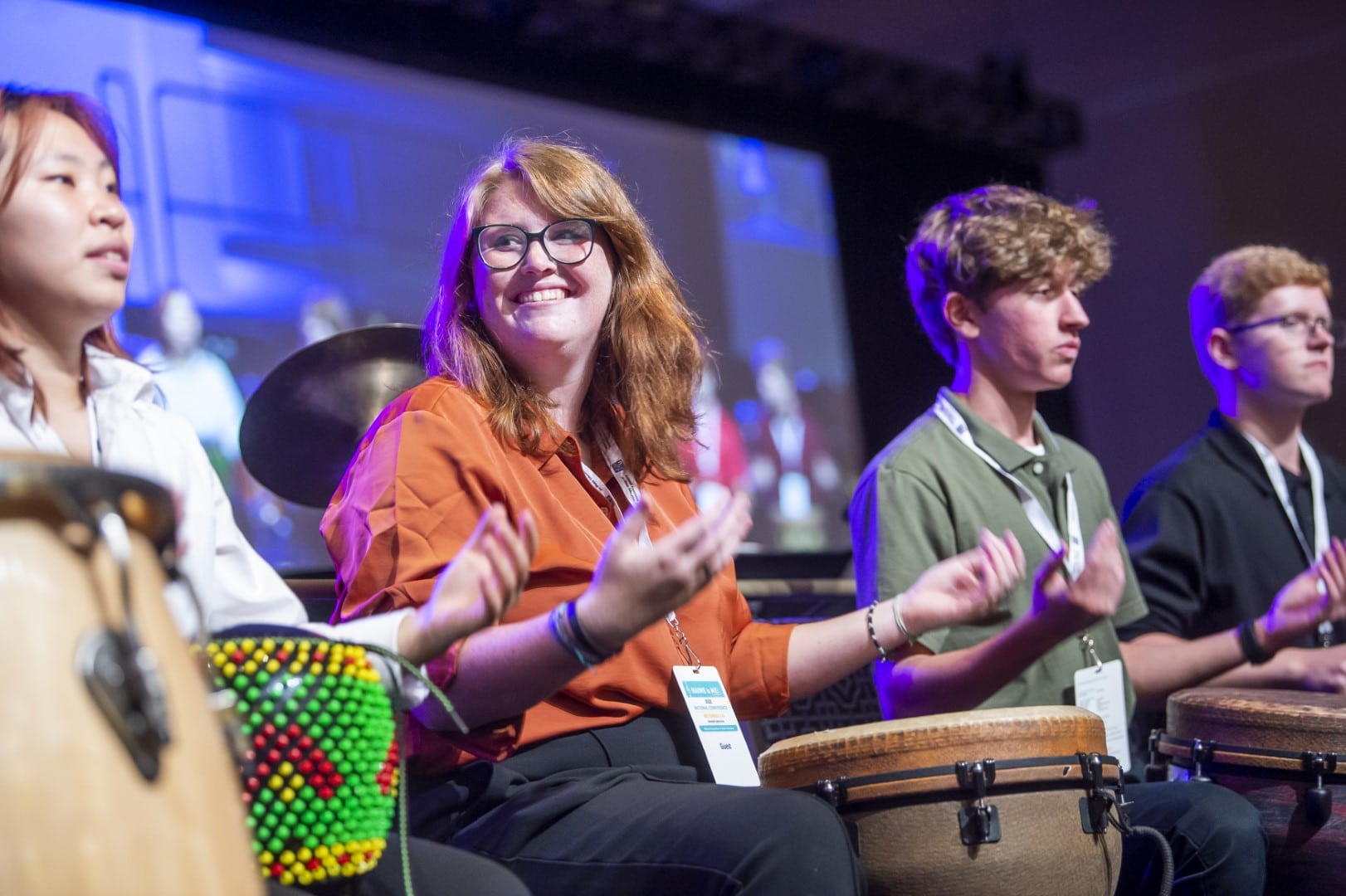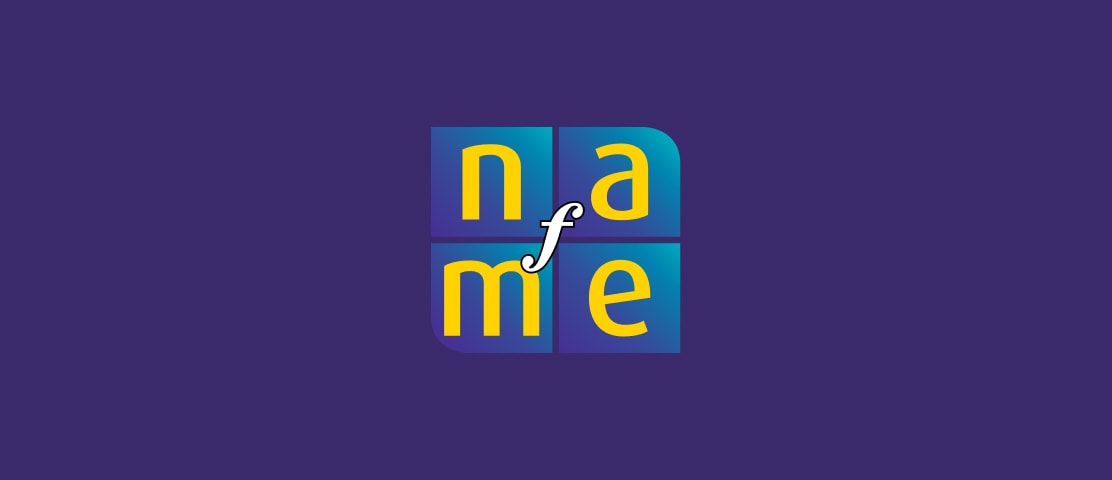NAfME Learning Center
The NAfME Learning Center supports the ongoing professional learning needs of music educators with diverse, robust professional learning programs. It includes the NAfME Academy with 200 recorded webinars, for clock hours on your own time--free to members.
Webinars
NAfME presents a variety of webinars on areas of interest to music educators throughout the year, coordinated by the Professional Learning and Partnerships Committee (PLPC), societies, councils, and other groups. NAfME members are encouraged to submit proposals to present webinars.






